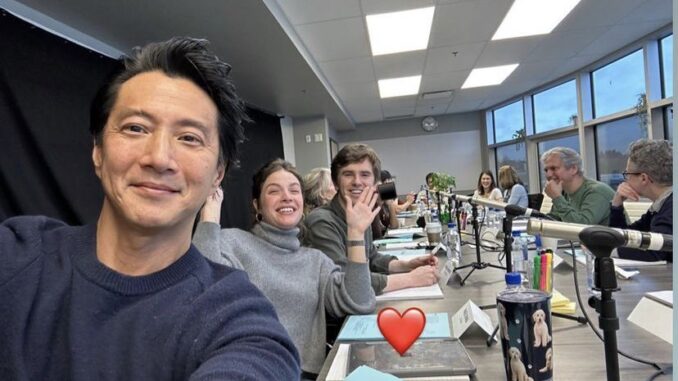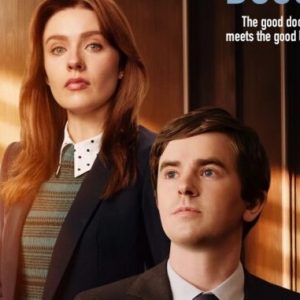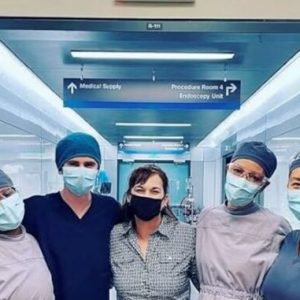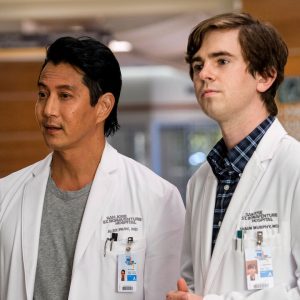There are moments in television that feel less like scripted scenes and more like emotional lightning bolts — the kind that strike unexpectedly and leave scorched impressions on our hearts. For fans of The Good Doctor, one such moment came not in an operating room, not during a daring procedure, but in the quiet vulnerability of a man who, for all his brilliance, still wrestled with being seen and understood.
Shaun Murphy, played with staggering depth by Freddie Highmore, is often seen as a medical prodigy, a genius who sees the world differently and saves lives others might not even attempt to. But in this scene, the white coat came off. The shield of surgical confidence disappeared. And what was left was a young man pleading to be accepted — not changed. This wasn’t about autism. It wasn’t even about medicine. It was about humanity. About every person who’s ever felt “too much,” “too different,” “too broken.” In that one moment, The Good Doctor became more than just a medical drama. It became a mirror for so many struggling to be loved for exactly who they are.
The scene unfolded during a moment of intense emotional conflict. Shaun was being pushed — by a system that demanded conformity, by people who couldn’t always see past his diagnosis, and sometimes even by himself. The pressure to be “normal” was mounting. And instead of lashing out or walking away, he spoke the truth that had been weighing on his soul: I can’t be fixed.

There was no music swelling in the background, no convenient cut to commercial. Just silence. Just Shaun, exposed and exhausted, telling the world he didn’t want to be seen as a problem to solve. And that silence said everything. Viewers across the globe felt a collective lump in their throat. Because we’ve all been there — in the place where we question whether we’re enough, whether we deserve love as we are, flaws and all. Freddie Highmore’s delivery was nothing short of haunting. He didn’t just say the line — he lived it. You could see the tears in his eyes before they even fell, the way his voice cracked like something breaking open inside him. That vulnerability — unfiltered and deeply human — is what turned this scene into a global gut punch.
The power of “I can’t be fixed” lies in what it reveals: that Shaun isn’t looking to be pitied or changed. He wants connection, respect, and space to be himself. And that’s what makes this moment not only heartbreaking, but beautiful. Because in admitting he couldn’t be fixed, Shaun reminded us that maybe none of us need fixing — just understanding.

This scene resonated far beyond The Good Doctor fanbase. It sparked conversations about neurodiversity, mental health, emotional labor, and the exhausting pressure of pretending to be okay. For people on the autism spectrum, for those living with invisible struggles, or for anyone who’s ever felt “different,” Shaun’s words gave voice to something they’ve felt a thousand times but never dared say aloud. More than a dramatic beat in a TV show, this line became a lifeline. A message whispered through a screen that said, You’re not alone. You’re not broken. You’re human. In a series filled with high-stakes surgeries, complicated relationships, and moral dilemmas, it’s this quiet confession that remains unforgettable. Because in that moment, Shaun Murphy didn’t save a life. He spoke one into feeling seen. And that might just be the most important thing he’s ever done.





